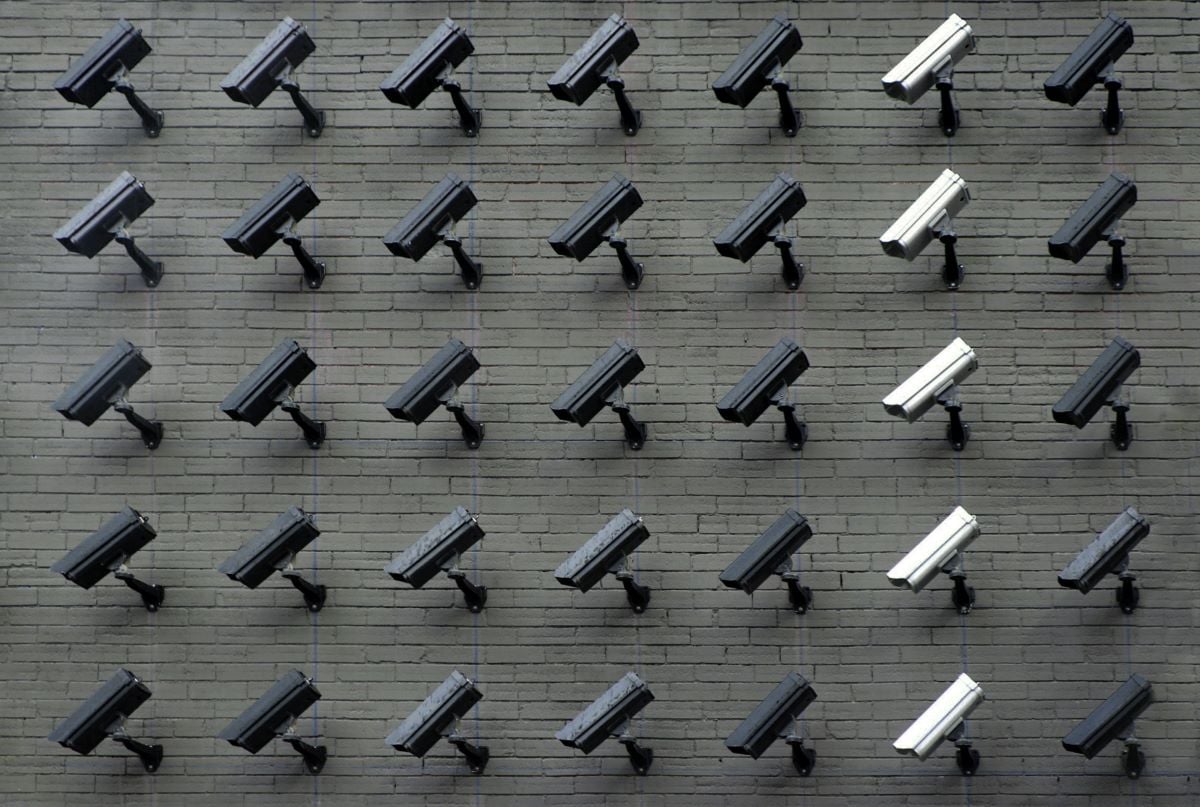The National Assembly’s website provides information about an “amazing” new initiative aimed at enhancing the security of both Armenian and non-Armenian citizens.
Legislative drafts propose mandatory installation of video surveillance systems at building entrances and side areas for organizations and businesses. Similar systems should also be installed in ambulances, buses, and underground car parks for 24/7 monitoring.
The NA website mentions that Deputy Minister of Internal Affairs Arpine Sargsyan addressed questions from deputies, particularly on individuals’ rights and personal data protection, as well as the role of the personal data protection agency. However, the website does not provide details about Mrs. Sargsyan’s responses, which is crucial information.
The Deputy Minister of Internal Affairs visited the National Assembly on June 7. However, the Parliament’s website does not provide details about this visit, and the Ministry of Internal Affairs website does not provide news for the same date.
The reality is that installing cameras is just the first step for business owners. The legislative package requires the installation of video surveillance systems. It mandates providing real-time 24/7 access to these systems in “live” mode to the RA Police “Police Video and Photo Recording Electronic Systems Management Center.”
In other words, the police have the opportunity to monitor citizens continuously using resources from the private sector.
This is only three months after another change that gives the tax authority control over our bank accounts.
Implementing these measures will undoubtedly enhance national security. The frequency of certain incidents will probably decrease, and, in some cases, the detection of previous incidents will become easier.
However there are too many concerns.
First and foremost, there is an issue concerning human rights and privacy. A widespread video surveillance system has the potential to infringe upon people’s privacy and monitor their every action. Clear rules and limitations need to be established to prevent unjustified surveillance. In truth, we are confronted with an excessive encroachment on privacy.
Second, it is essential to ensure proper data protection and confidentiality. Video surveillance systems will collect personal data, including faces, movement patterns, and connections between specific people. Legal safeguards must be established to prevent the misuse or illegal use of this data.
Third, the responsibilities and authority of the personal data protection agency should be clearly defined. This body should oversee the functioning of video surveillance systems and ensure compliance with the law.
The fourth concern is the technical aspect of the same second question. We distinctly recall how the women’s dressing room of one of the factories in Armenia was under surveillance from Azerbaijan for several days due to the lack of proper camera security. There were numerous similar cases. Now, we are addressing all these concerns collectively. The question is whether the government is taking sufficient measures to ensure the data security collected by video surveillance systems. This question requires a clear technical solution (promises won’t be accepted in such cases).
Once again, we face one of the major issues: there is no public control mechanism in place to monitor the work of supervisors. The public lacks the tools to verify that the data is being used for its intended purpose and to prevent abuses.







